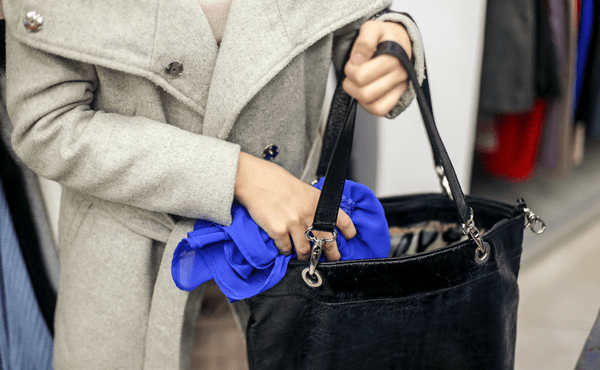Over a quarter of consumers believes that blatant forms of retail theft are ‘a little’ to ‘completely’ justifiable.
According to the latest Cost of Living and Consumer Deviance Spotlight report, consumers have changed their spending habits to alleviate financial pressure and can justify certain deviant behaviours.
Lead researcher, Stephanie Atto from ACRS, says the study asked shoppers about consumer confidence, non-discretionary and discretionary spending and the justifiability of a range of behaviours given the current economic conditions.
“We wanted to understand if and how consumers are changing their spending habits to relieve these financial pressures and how justifiable certain deviant behaviours such as retail theft are to consumers in the current climate,” she explains.
Deviant behaviours claimed justifiable include taking an item without paying (28 per cent), changing price tags on products (30 per cent), not scanning some items when using a self-checkout terminal (32 per cent) and scanning items as cheaper items when using a self-checkout terminal (37 per cent).
“Fears of opportunistic consumers have been growing amongst retail businesses who not only face the issue of decreasing consumer spend but also the need to be wary of consumers looking to save money through more deviant means.”
The findings also indicate consumers are pessimistic about their current and future personal finances as well as expectations of future business conditions.
Fifty per cent of consumers reported that they are financially worse off compared to a year ago, while two out of five consumers (42 per cent) indicated it is a bad time to buy big ticket items such as furniture, refrigerators and televisions.
Unfortunately, 77 per cent of consumers expect to be in the same financial position or worse off in the next 12 months. Nearly half of consumers (49 per cent) expect poor business conditions over the next 12 months and over a third (37 per cent) expect poor business conditions over the next five years.
“Much of the consumer financial pessimism and changes in spending habits has been attributed to inflation and expectations of ongoing rate increases, which will need to abate before any significant changes to consumer confidence can be seen,” Atto adds.







